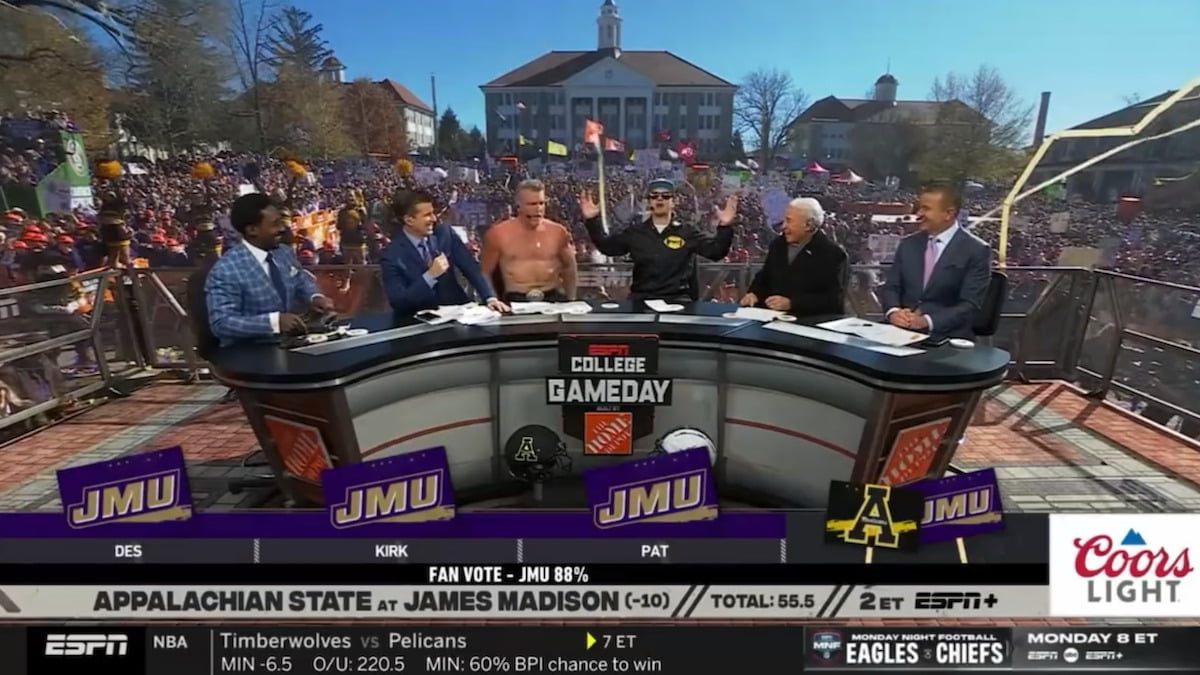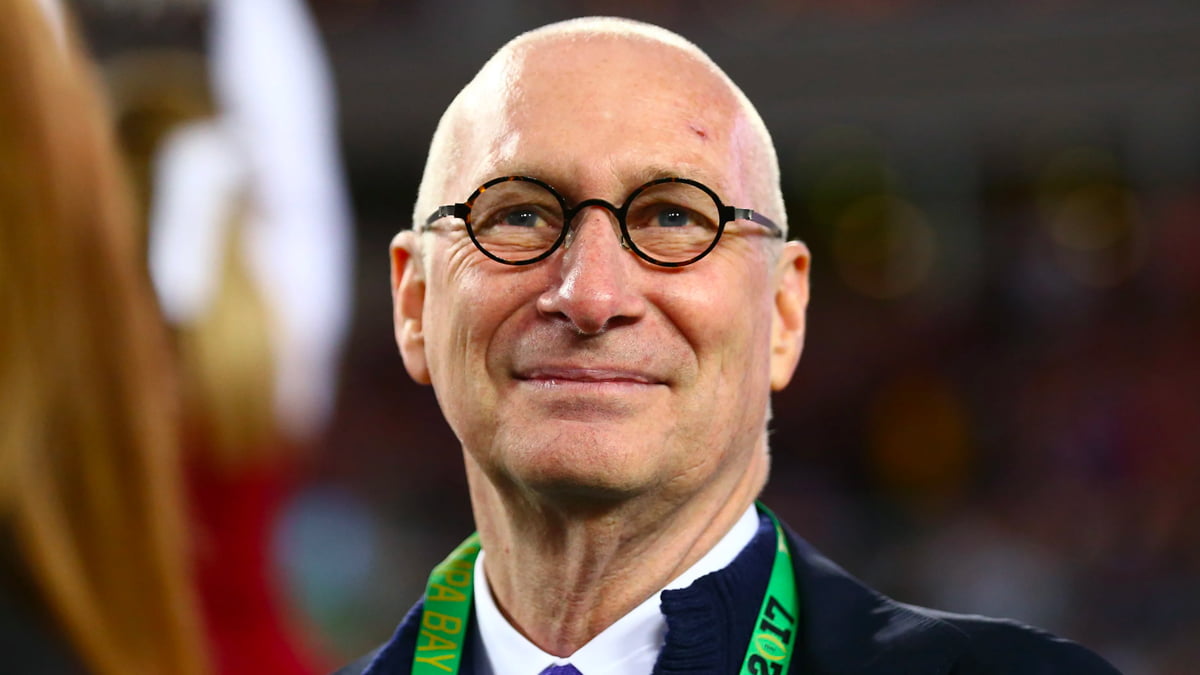It should come as no surprise that confidence in the media has reached all-time lows in public opinion polls. These findings come before coverage of the war between Israel and Hamas, which suggests faith in media could fall even further. Radio, however, seems somewhat immune to the decline in trust.
There are many causes for the distrust in media. No doubt, some of it comes from biases people with different political and social beliefs find in news coverage. We have become a nation of tribes that increasingly reject the views of others and see people with divergent opinions as enemies.
When news consumers cannot agree on basic facts, they reject all the information presented, which is happening more frequently.
Journalists now openly support various social issues and allow their personal opinions to creep into their work.
Differences in the views of younger and older Americans impact the coverage of issues and how people consume news. Young people are increasingly getting information from social media rather than traditional media outlets.
The race to be first rather than factual by media outlets has hurt the credibility of some outlets. For instance, the rush to report a rocket attack on A-Ahli Hospital in Gaza, provided by the Gaza governing authority – in other words, Hamas. It later turned out to be a Hamas rocket that didn’t fire.
These and other factors don’t add to a promising future for the media or the country.
In a report, The Gallup Organization states, “Multiple Gallup measures of American’s views of the news media show a growing distrust.” In Gallup’s honesty and ethics of professions poll last December, “confidence ratings for newspapers and TV news have never been as low as they are now.”
A Gallup poll from this October found that 29% of U.S. adults have “not very much” trust while a record-high 39% say they have “none at all” in the media.
Noticeably missing from the data are questions about radio. We may speculate that Republicans may have more trust in radio than Democrats because conservatives dominate the medium, but there is no specific data.
Gallup shows that Democrats’ trust in mass media consistently outpaces Republicans, but the current 47-point gap is the closest since 2016. Younger Democrats trust the media less than older Democrats. Independents fall below the average.
Gallup started measuring trust in media in 1972 in the shadows of the Vietnam War and the Watergate burglary. At that time, about 70% said they trusted the media.
There are many inflection points that could mark the decline of trust in the American news media.
Gallup recorded prior record-low trust scores in 2016 after the Trump/Clinton election.
Scores plummeted even further during Trump’s administration as much of the media pushed the Trump-Russia collusion narrative.
The coverage of Donald Trump and his indictments likely drove trust lower among many.
The coverage of the Middle East war between Israel and Hamas is causing even further erosion.
During the first week of November, a public statement by a coalition of Writers Against the War on Gaza circulated. It said, “Israel’s war against is an attempt to conduct genocide against the Palestinian people.” It continues by calling Israel “an apartheid state, designed to privilege Jewish citizens at the expense of Palestinians.”
New York Times Magazine writer Jazmine Hughes signed the petition. By the week’s end, she resigned over it. Jake Silverstein, the editor-in-chief of the Times Magazine, wrote an email to the magazine staff that stated, “While I respect that she has strong convictions, this was a clear violation of the Time’s policy on public protest. She and I discussed that her desire to stake out this kind of public position and join in public protests isn’t compatible with being a journalist at the Times.”
Jamie Lauren Keiles, a contributing writer at the Times Magazine, signed the Writers Against the War in Gaza letter and also resigned.
Times managing editor Carolyn Ryan and Standards editor Susan Essling emailed the newsroom to reiterate the paper’s “commitment to independent journalism. Therefore, keeping with Times policy, they should not sign petitions relating to the Israel-Gaza conflict because it risks putting [The Times] in the middle of the story.
Other news organizations, including Conde Nast, emailed staff about their social media policies. Heart Magazines went a step further with a week with a new social media policy that “warns staffers that even ‘liking’ controversial content could result in their termination.”
These organizations recognize that journalists’ opinions make the publication appear biased – something to avoid if readers are to have trust in the media.
While news organizations recognize the danger of taking sides in the Israeli-Gaza conflict, they felt no such obligation in the elections since 2016 and are active participants in prosecuting Trump.
However, American’s lack of trust in media isn’t just limited to opinions about election coverage, reporting on Trump, or the Israeli/Gaza conflict. Matters that hardly impact life and death or the nation’s future are proving equally unreliable.
A Fox Sports NFL sideline report recently admitted that she made up some reports.
On the Pardon My Take podcast, Charissa Thompson, who currently hosts Amazon Prime’s Thursday Night Football post-game show, revealed: “I would make up the (sideline) report sometimes because A) the coach wouldn’t come out at halftime or it was too late, and I was like, I didn’t want to screw up the report, so I was like, ‘I’m just gonna make this up.”
Thus far, Thompson has faced no consequences.
It’s just another piece of the puzzle explaining why Americans lack trust in the media. Americans understand there is fake news. What they consider “fake” usually conforms to their pre-conceived political views. News outlets must remove opinions from their coverage on all issues and report facts.
Talk Radio is in a unique position. Talk Radio listeners have a high degree of trust in the hosts they listen to. Radio hosts have a responsibility to remain honest with their listeners, and to keep their monologues factual and limited to items that are demonstrably true. It’s incumbent on hosts to identify speculation or theories as such.
Next week, I’ll continue this theme with polling showing the most and least trusted media outlets.
Andy Bloom is president of Andy Bloom Communications. He specializes in media training and political communications. He has programmed legendary stations including WIP, WPHT and WYSP/Philadelphia, KLSX, Los Angeles and WCCO Minneapolis. He was Vice President Programming for Emmis International, Greater Media Inc. and Coleman Research. Andy also served as communications director for Rep. Michael R. Turner, R-Ohio. He can be reached by email at andy@andybloom.com or you can follow him on Twitter @AndyBloomCom.







